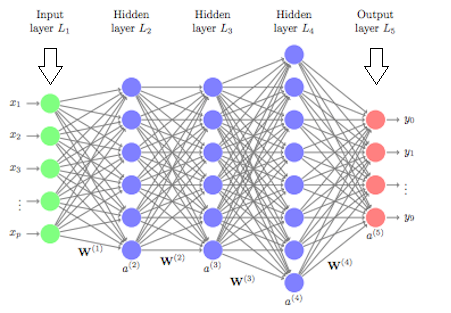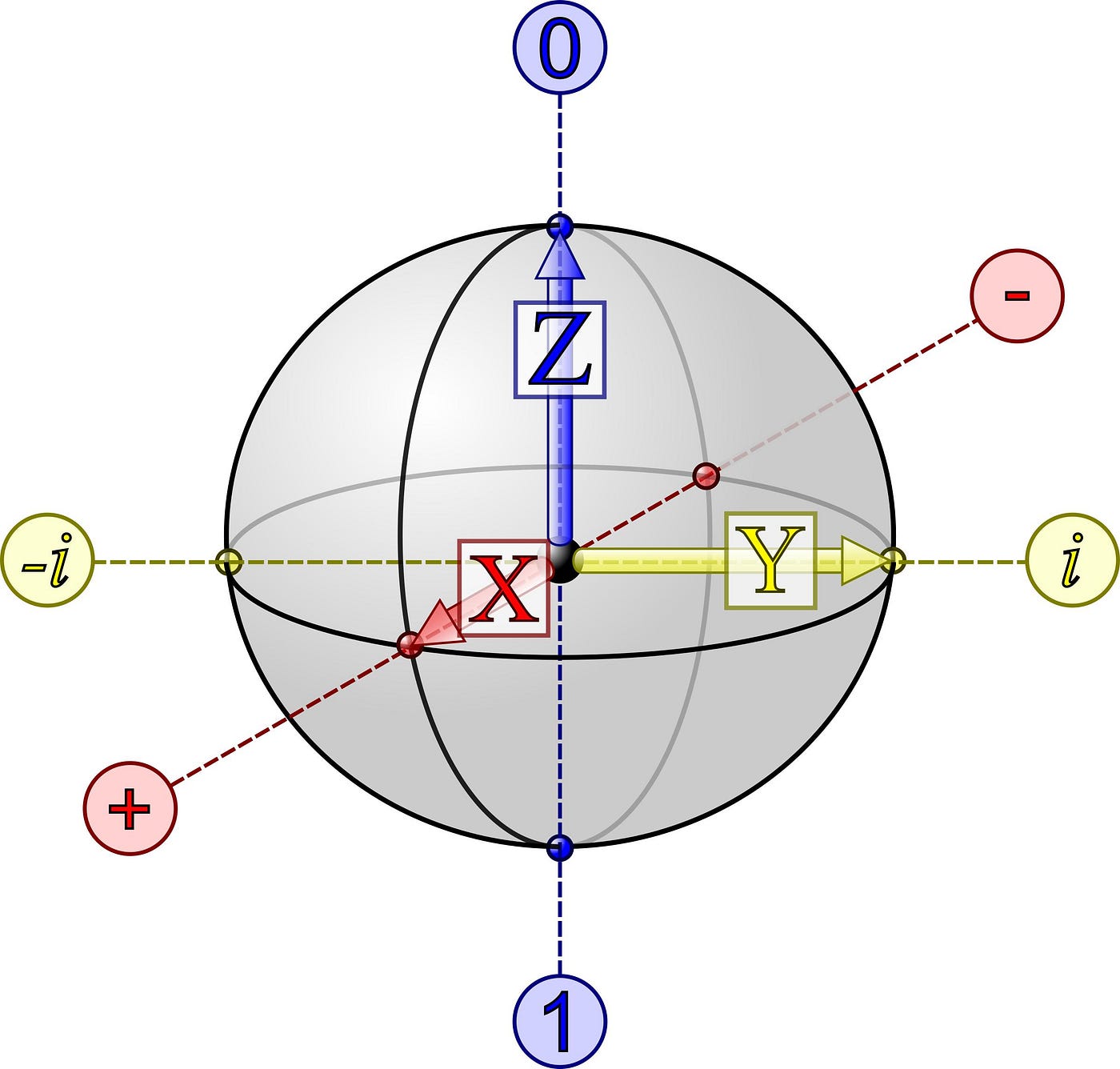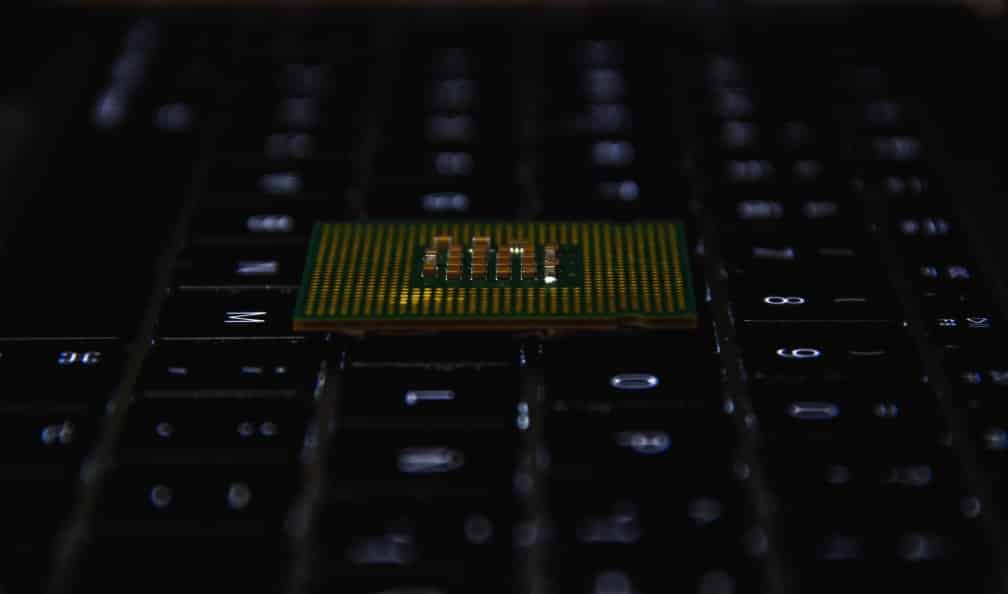Explosive growth in the digital world has been driven by rapid advances in computing — from Microprocessors to Digital Signal Processors to GPU’s and FPGAs to low power cores. Moore’s law has rightly predicted our ability to keep pushing the frontiers of computing using advances in semiconductors.
Computing has expanded its footprint beyond the traditional definition of a computer. From smart phones to wearables & fitness watches and from tiny sensors to centralized cloud computing servers, computing has taken different forms. Computing has enabled an entire gamut of software and applications across all these devices.
We have come far; but we are far from done.
Two areas of computing hold great promise today and they provide a significant leap forward in solving the next generation of computing needs.
- Computing for Artificial Intelligence
- Quantum Computing
As an early stage deep-tech fund, Computing is a key area of investment focus for us. We have made two investments in these areas that we are excited about.
Analog Inference — Edge AI Computing
Since the famous 2012 paper from Alex Krizhevsky, Ilya Sutskever and Geoffrey Hinton showing significant improvement in image recognition performance using Deep Convolutional Neural Networks (CNN), AI and Neural Networks have had huge resurgence and found their way into wide variety of applications.

Computational power provided by the GPUs was one of the main reasons Deep Learning and deep CNNs were possible in 2012. Servers with GPU’s made training these Neural Networks faster — orders of magnitude faster than traditional CPU based servers. Nvidia’s GPUs have grabbed the early lead in this exploding market for AI Compute servers. Startups like Cerebras, Samba Nova and Graphcore have built tailored solutions and offer compelling alternatives to Nvidia and Intel in the AI Server Compute market.
Computing for Inference (i.e. where you run the data through a trained neural network to make a decision / classification) has different set of challenges. Inference is not computationally intensive as training a neural network. However, Inference at edge devices like cameras, wearables, robots, self-driving cars, etc can become complex as these devices come in varying types with vastly different compute / power profiles.
There are several startups using a wide variety of techniques to address the computing needs for Edge AI Inference. While low power is important, it is also necessary to have high enough compute performance to implement multiple deep neural networks to run useful applications at the edge.
Our thesis is that the right Edge AI solution is one that provides a server-like performance with an edge device like power profile. As AI applications and use-cases gain traction, the complexity of the neural networks deployed at the edge is only going to increase. We will need a compute platform that scales with the performance needs of the market while maintaining low power profile.
Our investment in this space is Analog Inference. Their technology solution provides the best performance per Watt of power making it the ideal choice for Edge AI Computing. Analog Inference is founded by Vishal Sarin and a veteran team with long background in Computing, Software and memory architectures.
We invested in them along with Khosla Ventures and other notable tech luminaries including Andy Bechtolsheim and Atiq Raza. The company is still in stealth and we expect great things to come from Analog Inference in the quarters ahead.
PsiQuantum — Quantum Computing
We are still in the early days of quantum computing, but its potential is impossible to ignore. The power of quantum computing is its ability to significantly outperform classical computers, especially in solving problems with exponential complexity, by leveraging the laws of quantum physics.
Scalable fault tolerant quantum computing can revolutionize the field of computing itself and providing breakthroughs for computationally hard problems in a variety of industries. Search and optimization problems in areas like Pharmaceuticals, Materials and machine learning are initial target areas for Quantum computing.

Today’s digital computers work by manipulating bits that exist in one of two states: 0, 1. Quantum computers aren’t limited to two states; they encode information as quantum bits, or “qubits”, which can exist in superposition of both states simultaneously. As we add qubits, the information stored, paths traversed and effectively the computations performed grow exponentially.
Quantum computing is a fundamentally different approach compared to today’s digital computing — and the entire technology stack, from the computing hardware to operating systems to algorithms to software that would run on it, needs to be reimagined and built from first principles.
PsiQuantum is our investment in this area. PsiQuantum is making Quantum Computers using photons in Silicon harnessing the advances in the field of Silicon Photonics. These photons sent through waveguides can be put in entangled state where quantum forces can be applied to provide the exponential power of quantum computing.
PsiQuantum’s architecture gets over some of the inherent challenges of scale in Quantum Computing and is on track to build a system with million Qubits in the next few years. The company came out of stealth mode recently and announced the latest financing round. Exciting things to come from PsiQuantum in the next few years that could significantly alter the computing landscape.
Computing continues to drive transformative changes to every business and industry vertical. At MFV Partners, we are excited to back entrepreneurs building disruptive companies in computing. Our investments in Analog Inference and PsiQuantum is just the beginning and we look forward to investing in many other breakthrough computing technologies in the future.



